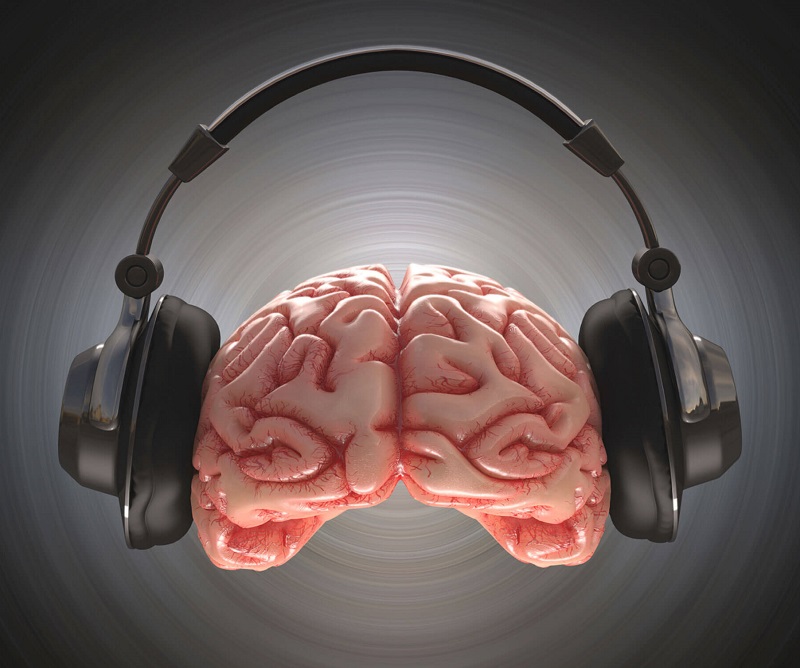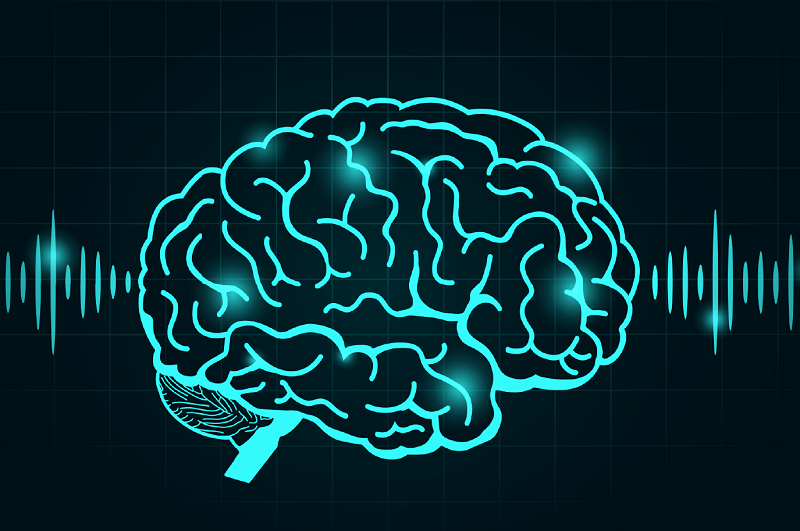What genres in music, evoke feelings?

Various studies have been conducted, and in studying the results we have been able to form an understanding of how music can affect our bodies and minds. It affects us in many different ways. In recent years, the understanding of this phenomenon has reached unprecedented heights. Here are just a few characteristics of the impact of music on human behaviour and feelings.
If you want to get smarter, listen to music
Music activates thinking activity, because it involves different areas of the brain. When a person listens to different melodies, they experience certain emotional reactions. There is evidence that listening to music is good for brain injuries, and creativity can be increased by listening to medium-loud noises. If one plays musical instruments from childhood, more nerve bundles are formed that connect the two hemispheres.

The therapeutic effect of music
As far back as Plato proposed the treatment of anxiety with music, and Aristotle noted that it can remove the unstable emotional background. For the ancient Greeks, Apollo was the god of music and health. The results of modern research show that music does affect biological processes. Certain tunes reduce fatigue, normalize pulse, blood pressure and breathing. But loud jarring or screeching music can increase anxiety and panic.
Improving mood
Curtis Levan, a clinical psychologist, believes that music can be used to boost libido. He attributes this fact to the fact that there are similarities between sex and music in terms of a strong emotional response. In his opinion, you can use music to help a man with low testosterone levels. Another secret for the first date: Women who listened to romantic songs were more likely to agree to a second meeting than those who listened to neutral music.
Finishing what you start is easier with music
Music helps you expend energy efficiently when you’re physically active. According to a study, cyclists who listened to music consumed less oxygen during exercise. However, there is a limit to the motivational effect, which is related to beats per minute. It is not possible to increase motivation if there are more than 145. Today, there is a service called Spotify Running, which selects songs that match the runner’s pace.
The benefits of singing
Research shows that singing is good for your health. It improves brain function, and is particularly good for older people who have a number of chronic ailments. Their well-being will improve with this simple way of entertainment. Singing can also reduce shortness of breath, which is especially important for people with lung diseases.
